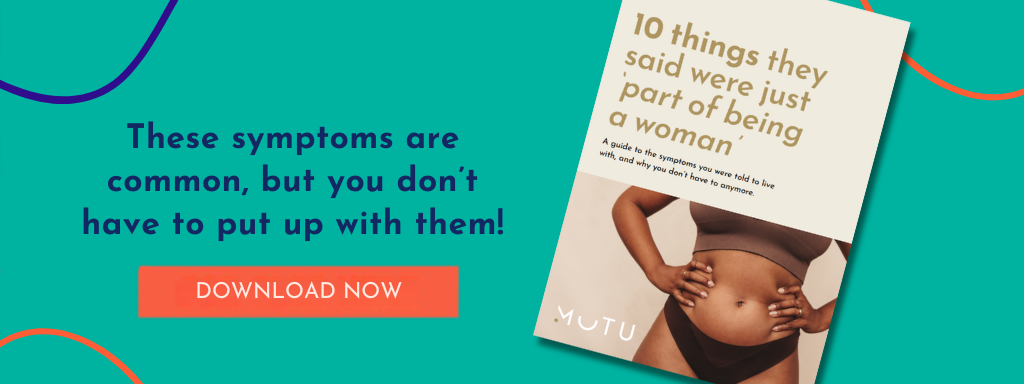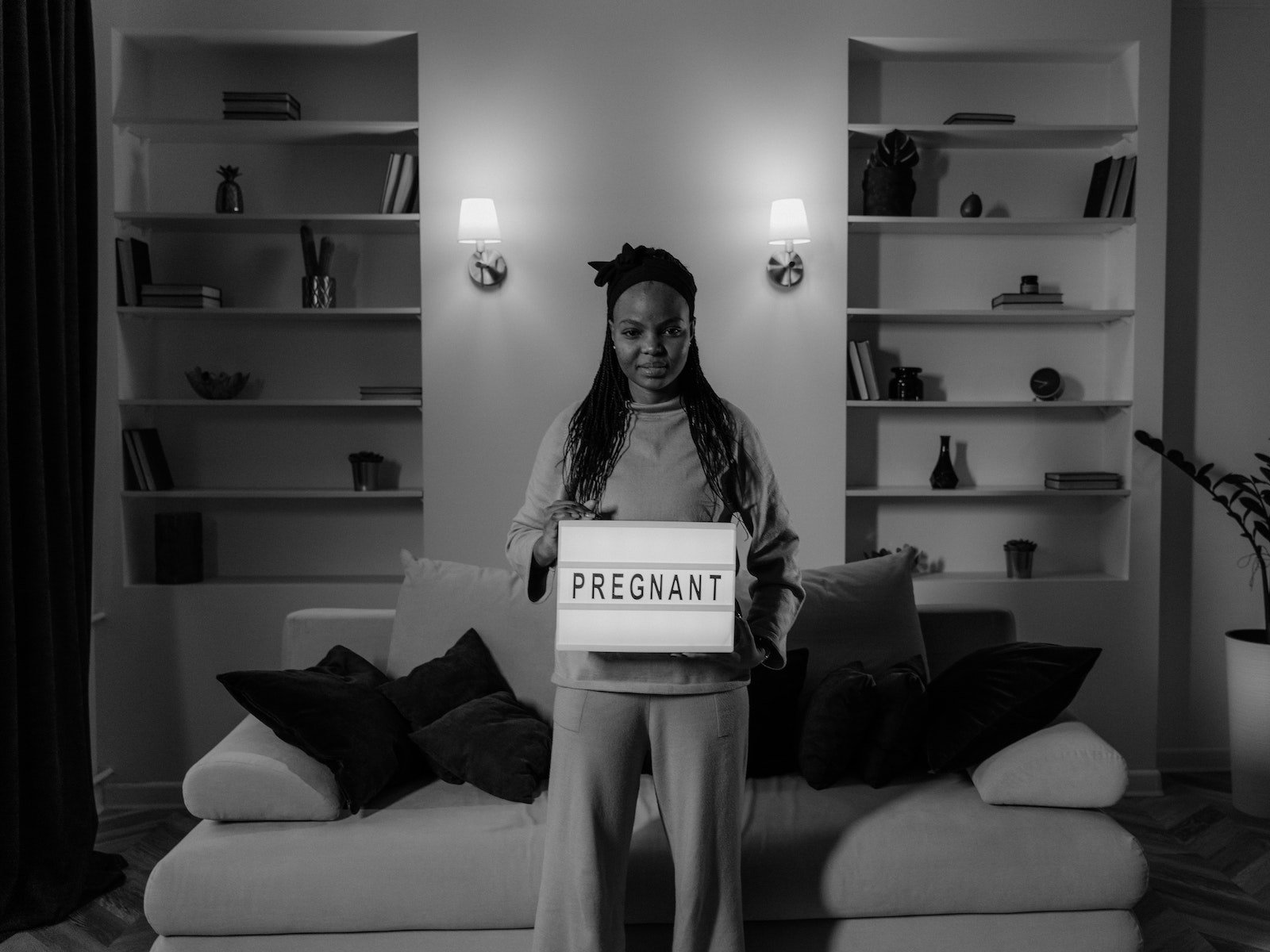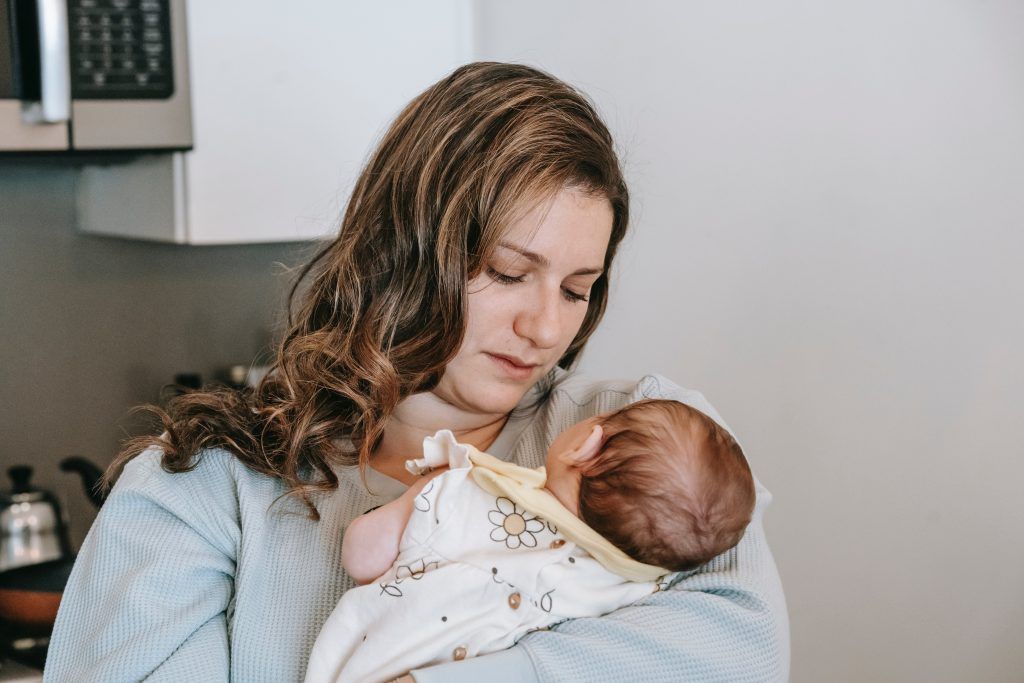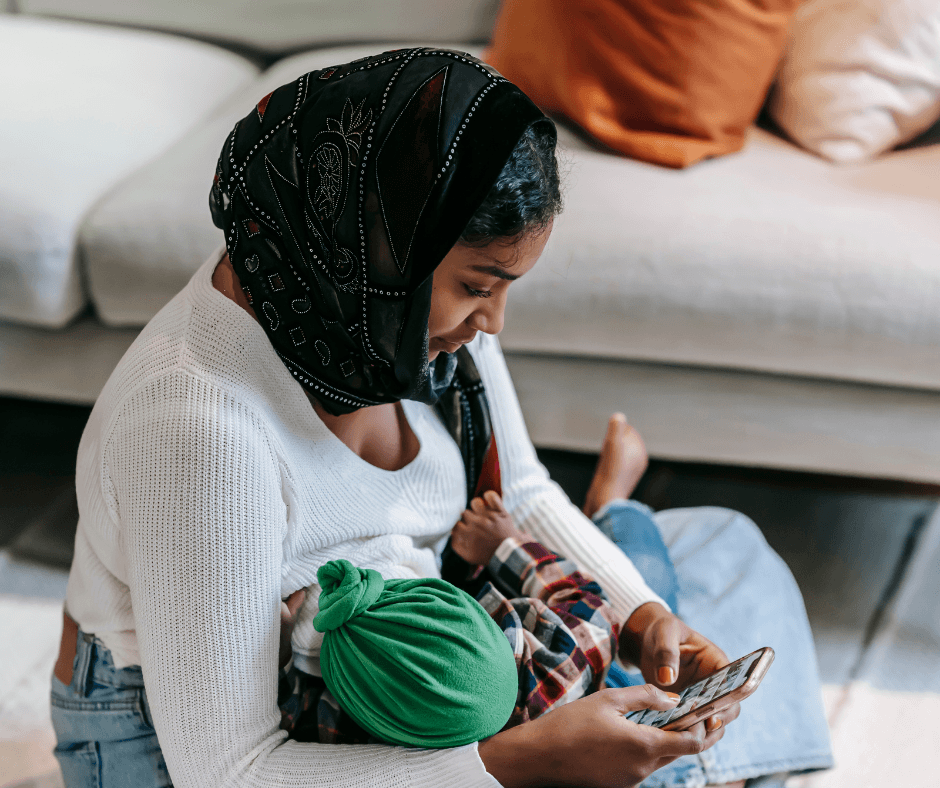In our recent survey, 87% of women said that dealing with pelvic health issues had affected their mental health at some stage.
It’s been proven that the physical changes a woman experiences after having children can impact her mental health.
We’re launching a brand new campaign to educate, raise awareness and highlight the physical, and often forgotten, mental effects that pelvic health issues have on women. Watch MUTU CEO, Wendy Powell’s interview with Georgie Watson (Maternity Voices Partnership), discussing and highlighting the connection between pelvic and mental health.
Women living with urinary incontinence have been shown to have a significantly lower quality of life compared with those who are continent.1 Approximately 68% of women with mental health problems are mothers.2
Incontinence affects almost half of all women3, while 50% of postnatal women experience pelvic organ prolapse with symptoms of bladder and bowel dysfunction.4
#PelvicHealthIsMentalHealth
This brand new campaign is launched in response to these statistics and concern about the incidence of leaking and incontinence in postnatal women.
The Royal College of Nursing recently criticized incontinence pad manufacturers for implying that incontinence is “normal and expected” after childbirth.
MUTU System CEO, Wendy Powell, is campaigning to highlight the link between pelvic health and mental health. The aim of this new campaign is to address not just the physical effects of these issues, but also how these conditions might make a mother feel and impact her on an emotional level.
Incontinence, among other women’s health issues, continues to affect the mental wellbeing of women across the UK.
37% of women have wet themselves at work within the last month. Of those, 21% wet themselves weekly and almost 1 in 10 daily while at work.5
It’s not enough to just speak out about these issues anymore, we need to take action, expand the conversation, and give women the support and information they need. It’s clear from our research that pelvic health is having a massive impact on the mental wellbeing of mothers and this needs to be addressed.
Normalizing these issues only contributes to the problem. Using a pad is not a long term solution and we’ve seen big manufacturers push the message that it’s normal for mums to have’ little leaks’. This isn’t the case and I want to show mums here in the UK that they don’t just have to put up with symptoms like this after having children.
We’re highlighting these issues all this week in our #PelvicHealthIsMentalHealth campaign.
Advice and Support Needed?
Georgie Watson, Chairwoman of the Maternity Voices Partnership, discusses how you can get support if you think you might be struggling physically and emotionally with pelvic health issues, after having a baby, no matter how long ago that was.
Resources and Support Directory
In the United Kingdom
We would always advise that you speak to your doctor first and foremost if you are struggling with any kind of mental health issues or are concerned about any pelvic health issues. They will be able to refer you to the right specialists to help you to recover properly.
In the UK you can ask for a Birth Debrief, with the medical caregivers that treated you. If you feel you need counseling or therapy, please speak to your GP.
For further information and support on postnatal depression, please click here.
Where else to go for help…
NHS – What are pelvic floor exercises?
NHS – Physiotherapy
NHS – You and your baby in the postnatal period
BIRTH TRAUMA ASSOCIATION – The Birth Trauma Association (BTA) supports all women who have had a traumatic birth experience.
PANDAS – PANDAS Foundation gives support to people coping with Pre and Postnatal Mental Illnesses, as well as their families, friends, and carers.
MIND – Mind offers information and advice to people with mental health problems
In the United States
With thanks to our friends at the Global Pelvic Health Alliance Membership (GPHAM) for providing these resources:
TRE™ – for trauma-informed, preventative and recovery care. You can find a practitioner here.
APPPAH – Association of Pre and Perinatal Psychology and Health
Postpartum Support International – Postpartum Support International is dedicated to helping families suffering from postpartum depression, anxiety, and distress.
Postpartum Health Alliance – Whether you are a mom who is struggling, a concerned friend or relative, or a health professional, Postpartum Health Alliance can offer you support.
Institute for Birth Healing (advanced practitioners) – Birth healing specialist business directory
Join the conversation and share your experience over on our Facebook or Instagram page.
- Sinclair AJ, Ramsay IN. The psychosocial impact of urinary incontinence in women. The Obstetrician & Gynaecologist 2011;13:143–148.
- Royal College of Psychiatrists. (2016). Parental mental illness: The impact on children and adolescents. Information for parents, carers and anyone who works with young people.
- British Urological institute
- (Hagen et al 2004)
- Amy J Sinclair / Ian N Ramsay, Review: The psychosocial impact of urinary incontinence in women. The Obstetrician & Gynaecologist 2011












